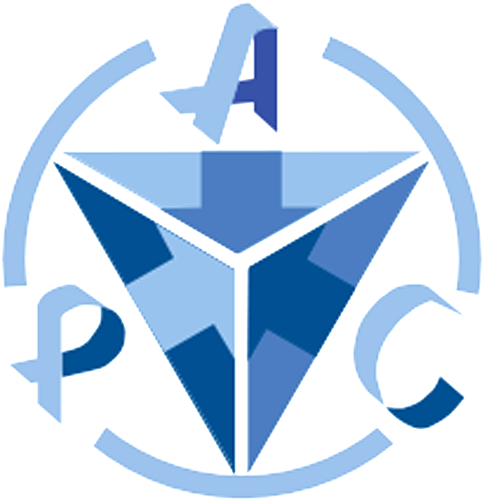Deep Learning techniques have revolutionized artificial intelligence. Their application to astrophysics and cosmology permits us to analyze the large quantity of data obtained with current surveys and expected from future surveys with the aim of improving our understanding of the cosmological model.
The internship is in the context of the data acquired by Vera Rubin Observatory (https://www.lsst.org/about) LLST (Legacy Survey of Space and Time), in particular in the context of the Dark Energy (DESC) and Galaxies Rubin Science Collaborations (https://rubinobservatory.org/for-scientists/science-collaborations), and of the Euclid space mission (https://sci.esa.int/web/euclid).
Galaxy clusters are powerful probes for cosmological models. LSST and Euclid will reach unprecedented depths and, thus, they require highly complete and pure cluster catalogs, with a well-defined selection function. In this internship, we will focus on analysing astronomical images through deep learning.
Our team have developed a new cluster detection algorithm named YOLO for CLuster detection (YOLO-CL), which is a modified version of the state-of-the-art object detection deep convolutional network named You only look once (YOLO) that has been optimized for the detection of galaxy clusters [1,2]. The YOLO approach is a convolution-based method that primarily captures local features. In this internship, we aim to investigate transformer-based methods to model global relationships across entire astronomical images. These models are capable of capturing spatial and contextual interactions between multiple objects, which is expected to enhance detection performance compared to YOLO in our target application. In this context, we focus on the Detection Transformer (DETR) framework [3], an end-to-end architecture that employs a transformer encoder–decoder network.
Desired background for the candidate
We are looking for a Master 2 or final year of MSc, or engineering school students in computer science. The ideal candidate should have knowledge in deep learning, computer vision, Python programming and an interest in handling astronomical images. We have already obtained funding for the internship for 3-6 months.
If you are interested in this internship, please send an email with CV and relevé des notes (grades in the past three years) to mei@apc.in2p3.fr and ayoub.karine@u-paris.fr with subject "[Transformer-Astro]". The internship will not lead to a PhD thesis.
- Supervision:
- Simona Mei <https://www.linkedin.com/in/simona-mei-1721bb3a/>, Professor at Université Paris Cité, UMR Astroparticule et Cosmologie, Astroparticule et Cosmologie, Physics Department
- Ayoub Karine <https://www.ayoub-karine.com/>, Associate Professor at Université Paris Cité, Laboratoire d’Informatique Paris Descartes (LIPADE), Systèmes Intelligents de Perception team
- Location: 10 rue A.Domon et Léonie Duquet, 75205 Paris and/or 45 rue des Saints-Pères, 75006, Paris
